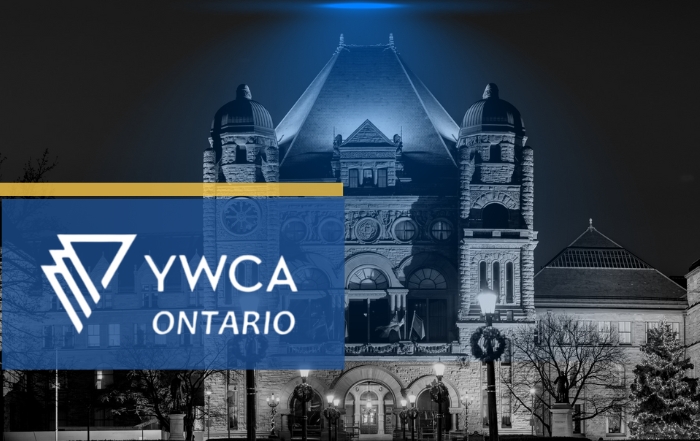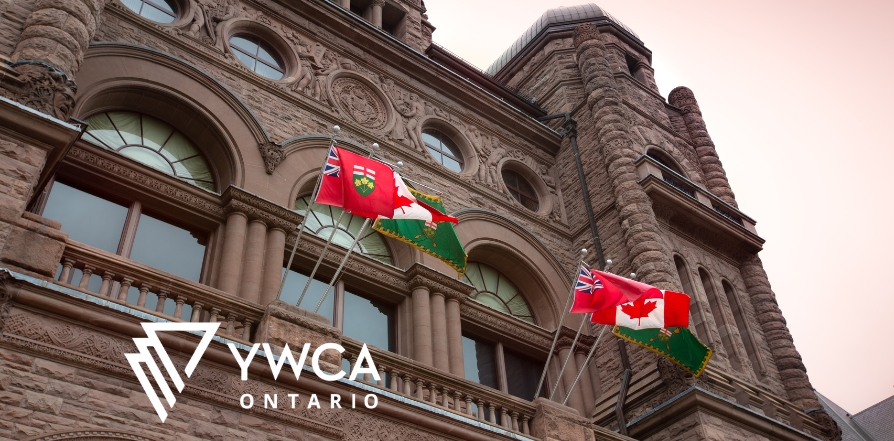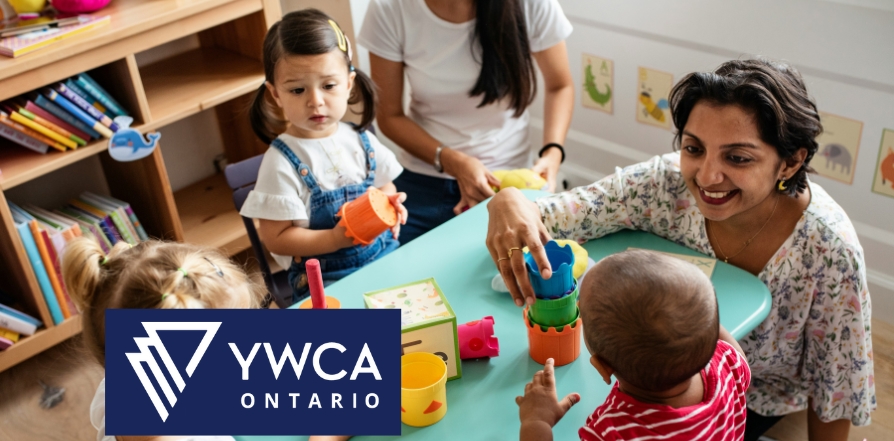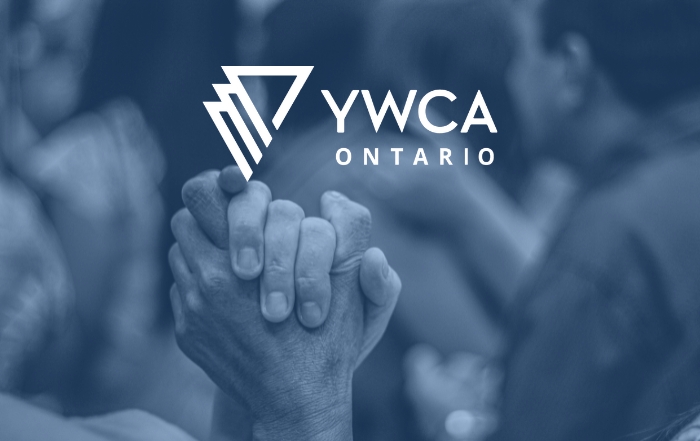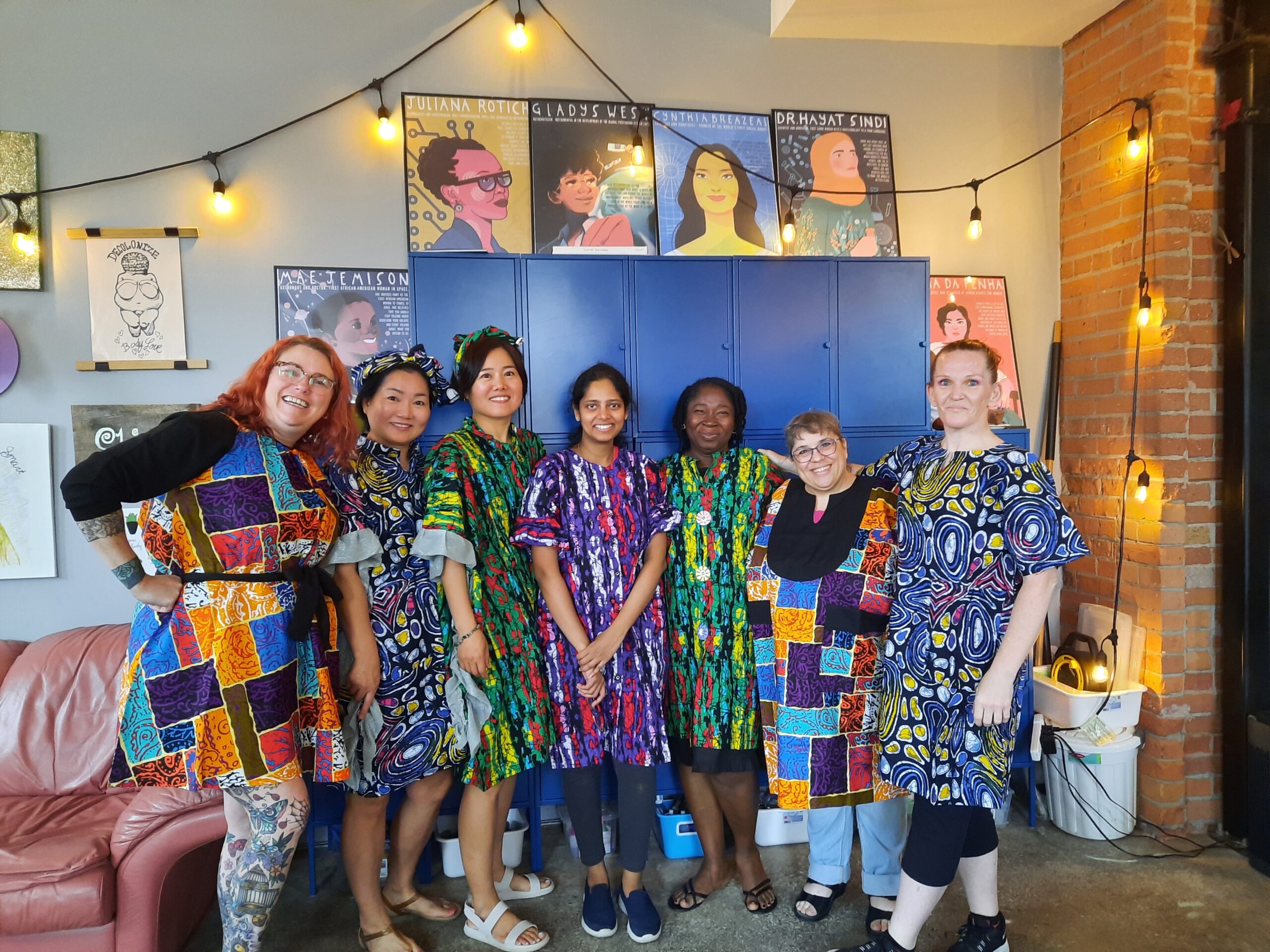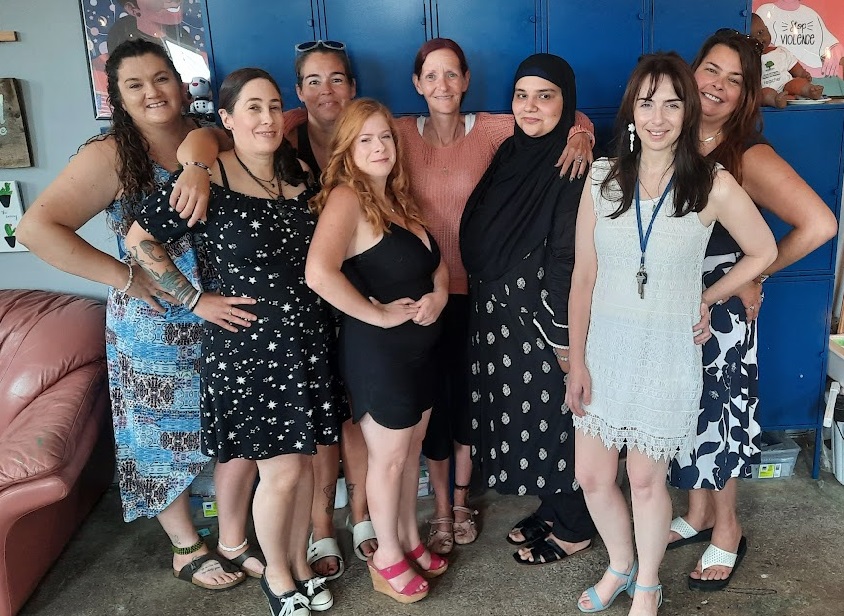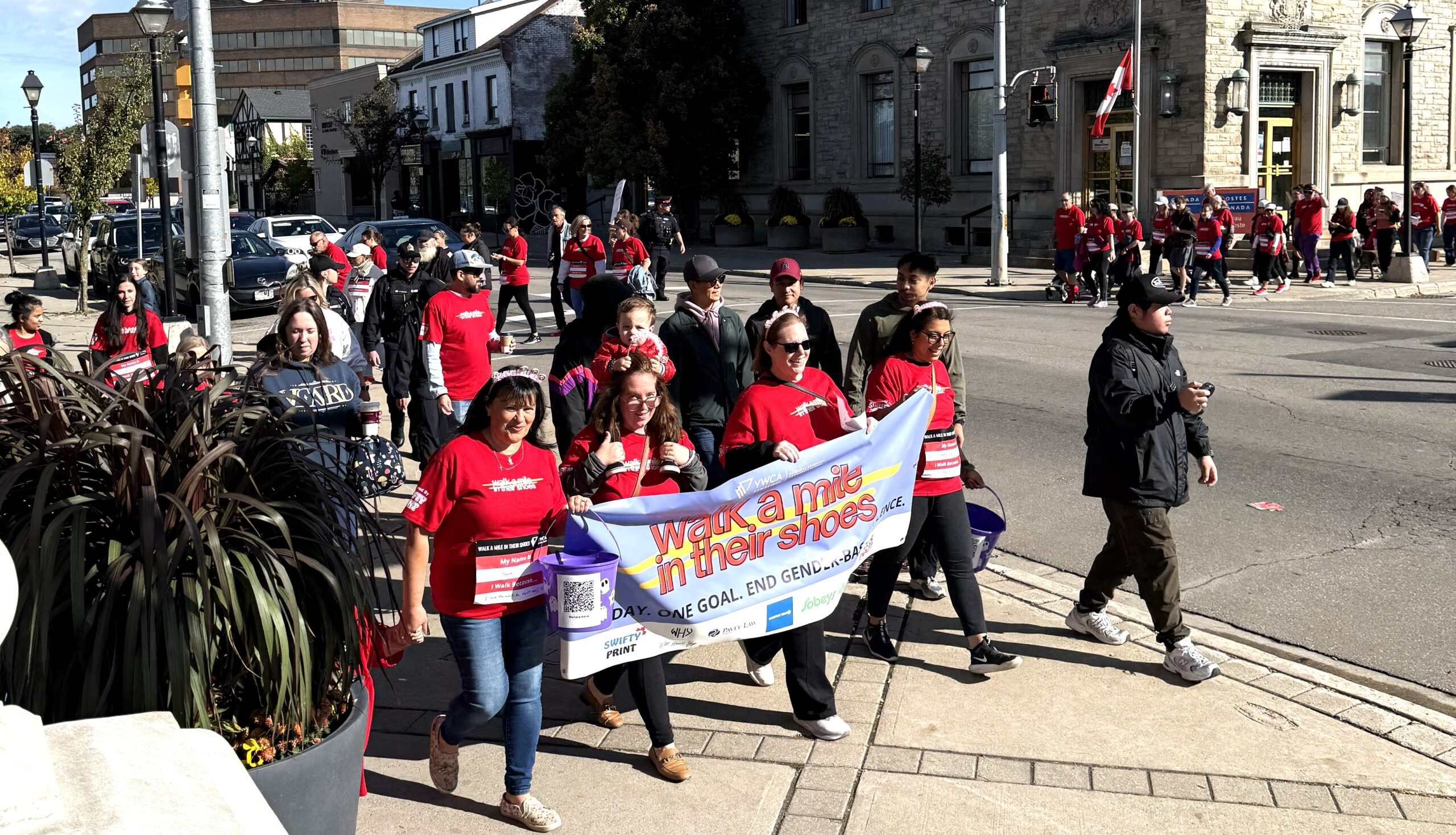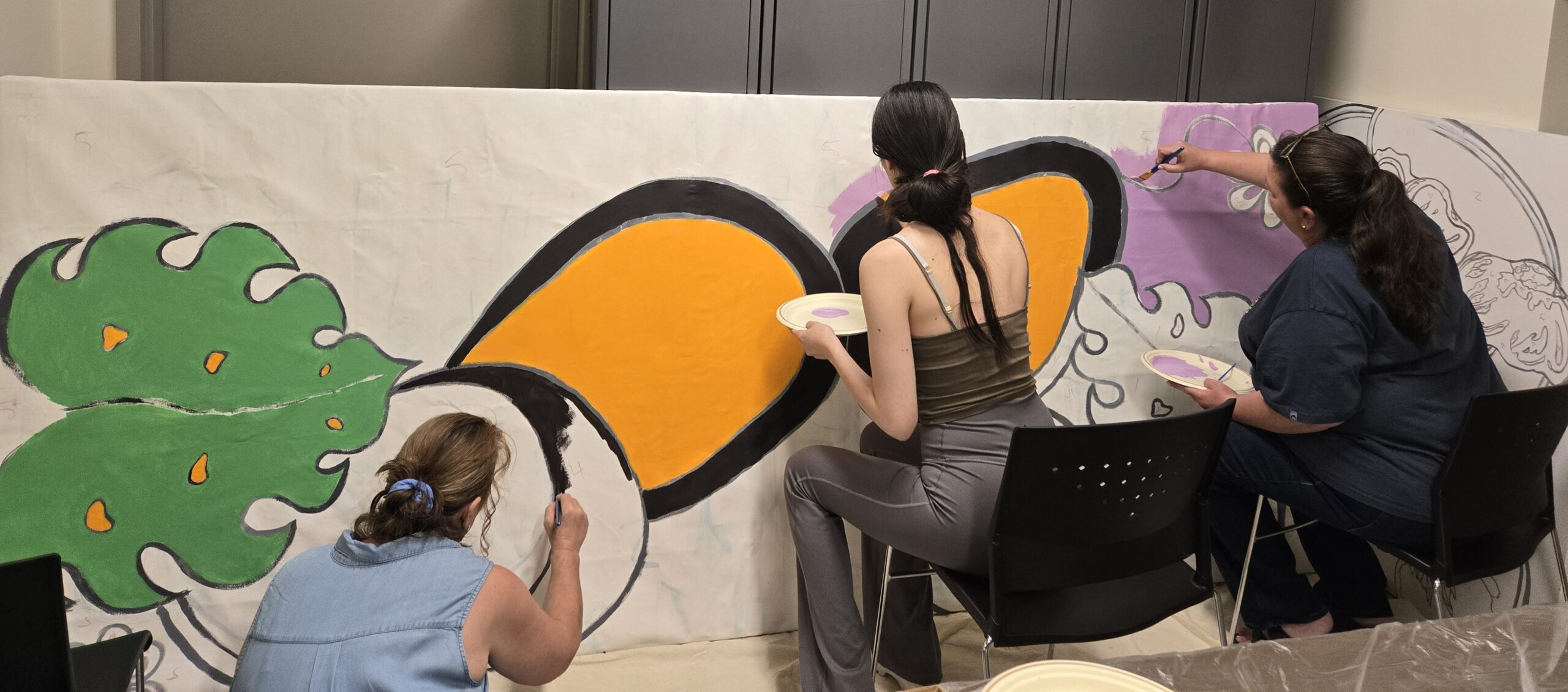August 11, 2022
This week, the Ontario Government re-introduced the 2022 Budget. Although there was an opportunity to address deepening crises in our province, few modifications to the budget were proposed. The proposed budget fails to offer Ontarians real relief from increasing inflationary pressures and fails to address the epidemic of gender-based violence or tackle workforce crises in the child care, nonprofit and healthcare sectors.
Following the province’s April budget release, which was tabled before the legislature adjourned ahead of the June provincial election, YWCA Ontario, a coalition of 11 YWCAs across the province, outlined our concerns that the budget falls short of addressing the troubling rise in gender-based poverty and inequality in the province.
Since April, our concern for women, girls and gender diverse people has heightened. Cases of community violence continue to increase and the rising cost of living, coupled with inadequate social assistance rates, are harming many communities in our province.
Crises unaddressed
While the government acknowledged the provinces’ health care crisis and has promised to “take bold action that prioritizes patients and their health above all else,” including the addition of 3500 new hospital beds, the acknowledgment seems to fall short of meaningful solutions. Adding more hospital beds without also repealing Bill 124 to begin addressing the staffing crisis will leave Ontarians in the same dire position.
Despite persistent calls for action from child care workers and allies to address the workforce crisis, this budget still does not include an adequate workforce strategy. The budget lauds the expansion of child care spaces, but without a plan to provide decent work and pay for educators, Ontario will not be able to recruit and retain enough staff for existing child care spaces, or expand to serve more families.
Changes missing the mark
One key change to this budget is the proposed five percent increase to Ontario Disability Support Program (ODSP) rates. While an increase to ODSP rates is welcome, five percent is not nearly enough to address the poverty facing people living with disabilities. Rates have not increased in almost five years and inflation this year alone stands at eight per cent. YWCA Ontario opposes legislated poverty. In order to ensure people on social assistance can live with dignity, both ODSP and Ontario Works (OW) rates must be doubled and meet the cost of living immediately.
“Cutting red tape” for big city mayors so more homes can be built but without including mandatory rent-geared-to-income quotas, rent control or protections against ‘renovictions’ will not address the housing and homelessness crisis. Tax breaks and red tape reductions completely miss the needs of millions of low- and moderate-income Ontarians.
Though the Ontario government touts spending more than ever before, once inflation is factored in, what we are really seeing are funding cuts and stealth privatization. We know that underspending of critical social services, as we have witnessed throughout the pandemic, creates devastating conditions for all Ontarians. Without deep investments into affordable and accessible housing, public social services and health care, more Ontarians will suffer.
As we said back in April, now is the time to make meaningful, long-term and permanent investments in public services, housing and employment programs that will support the most vulnerable members of our community and meet the needs of women and gender diverse people, including newcomers, refugee and racialized community members and Indigenous women, girls and Two-Spirit people.
YWCA Ontario remains concerned for the safety and wellbeing of our community members. We are committed to advancing racial and gender justice and hope to address social and economic inequities in Ontario with the support of the government and through systems-change advocacy.

